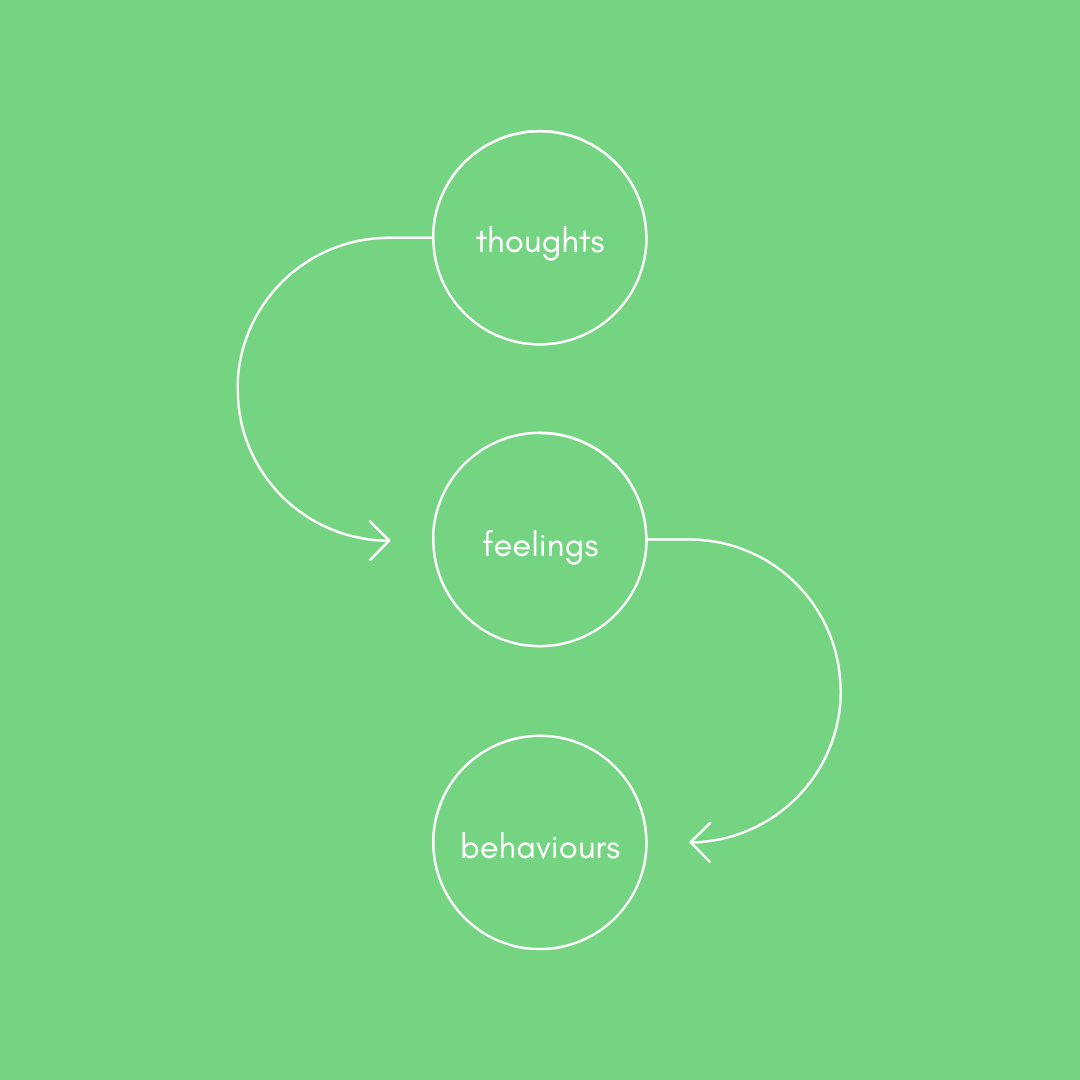Specialist Behaviour Support
Positive Behaviour Support (PBS) is a person-centred, evidence-based approach under the NDIS that aims to improve the quality of life for individuals exhibiting behaviours of concern.
It focuses on understanding the underlying causes of such behaviours, recognising them as forms of communication for unmet needs. By conducting functional assessments, PBS identifies triggers and reinforces positive behaviours through proactive strategies and skill development. This approach emphasises collaboration among stakeholders, including families and support staff, to create tailored interventions that respect the individual's rights and dignity. Ultimately, PBS seeks to reduce the need for restrictive practices by fostering inclusive environments that promote meaningful engagement.
At Compassionate Connections, we offer specialised PBS services delivered by NDIS-registered behaviour support practitioners. Our team works closely with participants, their families, and support networks to develop and implement personalised behaviour support plans. These plans are designed to address specific needs and goals, ensuring that strategies are effective and respectful. We are committed to empowering individuals through compassionate care, promoting independence, and enhancing overall well-being.
For more information on our Positive Behaviour Support services and how they can be integrated into your NDIS plan, please visit the NDIS website.
What Does PBS Look Like?
Functional Assessment
The behaviour support undertake a functional assessment where they will gather comprehensive information to identify the underlying causes and functions of the behaviours of concern.
By understanding the triggers and purposes these behaviours serve, practitioners can develop targeted interventions.
Behaviour Support Plan
The practitioner will put together a Behaviour Support Plan. This plan outlines proactive strategies, skill-building activities, and any necessary reactive responses to manage behaviours effectively.
The BSP aims to reduce the use of restrictive practices and promote positive behavioural changes.
Implementation of Strategies
The strategies outlined in the BSP are put into action by the individual’s support team, which may include family members, carers, and professionals.
Consistent and collaborative implementation ensures that the individual receives the support needed to achieve their goals.
Monitoring and Reviewing
Regular monitoring and evaluation of the BSP are essential to assess its effectiveness.
Adjustments are made as necessary to ensure the strategies remain relevant and continue to meet the individual's evolving needs.
Understanding Restrictive Practices and the Role of Behaviour Support Plans (BSPs) in the NDIS
Restrictive practices are interventions that limit a person's rights or freedom of movement, such as seclusion, physical restraint, or chemical restraint. Under the NDIS, these practices are regulated and should only be used as a last resort to prevent harm, with a clear focus on reducing and eliminating their use over time.
Behaviour Support Plans (BSPs) play a crucial role in this process. Developed by NDIS-registered behaviour support practitioners, BSPs are personalised strategies aimed at understanding and addressing the underlying causes of behaviours. These plans emphasise positive behaviour support approaches and a neurodiverse affirming lens, focusing on improving the individual's quality of life and reducing the need for restrictive practices.
At Compassionate Connections, we are committed to creating comprehensive BSPs that prioritise the individual's dignity and autonomy. Our team works collaboratively with participants, their families, and support networks to implement evidence-based strategies that foster positive behavioural changes and minimise the reliance on restrictive interventions.
At Compassionate Connections, we specialise in delivering Positive Behaviour Support services aligned with NDIS standards. Our experienced practitioners work collaboratively with individuals and their support networks to develop and implement effective BSPs, aiming to enhance independence, reduce challenging behaviours, and improve overall well-being.








